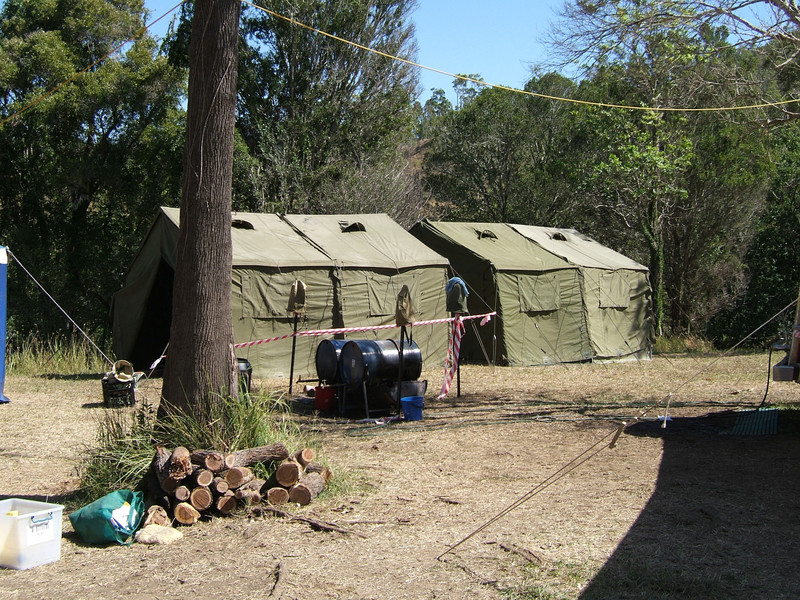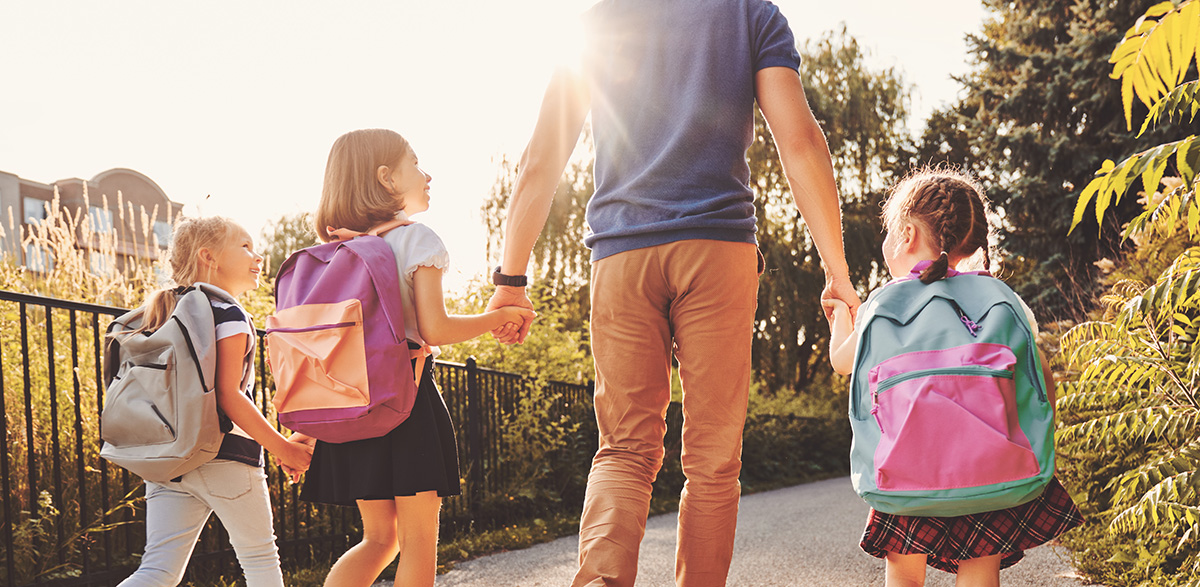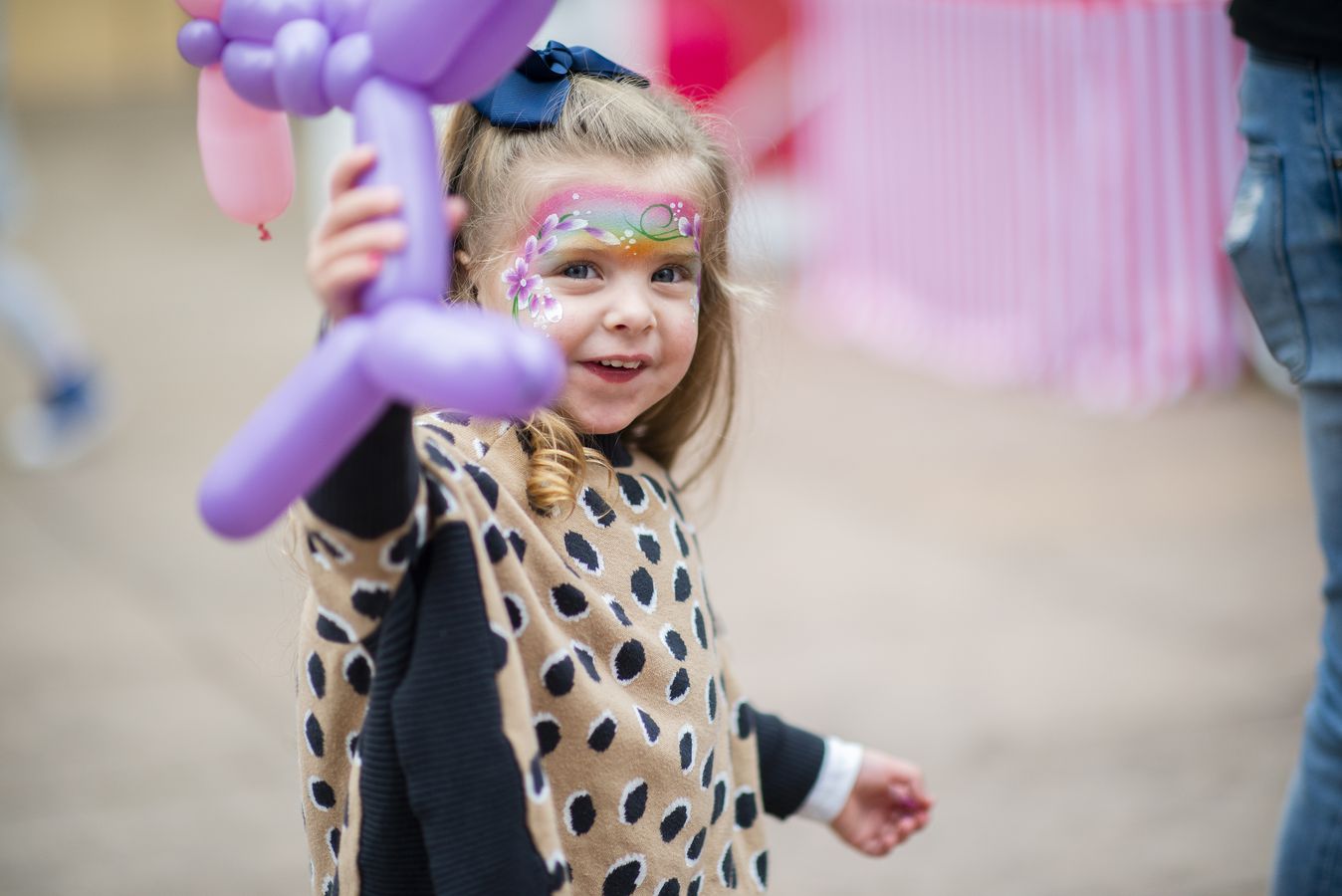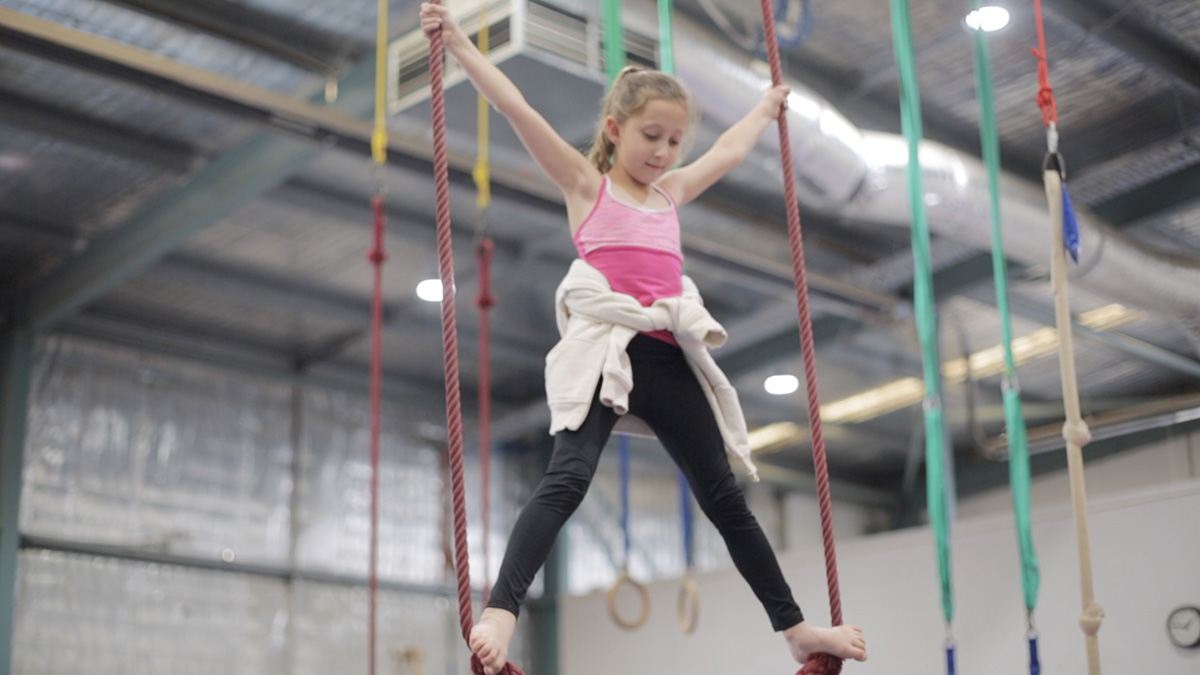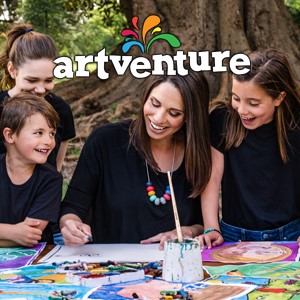School Camp Tips You Can’t Live Without!
School camp! A chance to dust off the old waterproof pants, shake the spiders out of the sleeping bag and throw on some explorer socks. You would think that school camp is something children can not wait for! But school camp can be something that many students dread- and parents can dread it just as much. Actually, truth be known, lots of teachers dread school camps too!
Here are some tips on how to cope with sending your kids off to camp feeling positive and confident.
1. Find out when, where and how long the school camp is. Will they be doing hiking? Aquatics? Obstacle Courses? Is it in Term 1 or Term 4? Are they going for 1 night or 1 week?
2. Once you have the information about the upcoming camp, start preparing your child. I don’t mean start packing! I mean, send them on a sleepover or two at a friend’s house or a grandparents place. Take them hiking up Mt Lofty, paddling in a double kayak, balancing on a stand-up paddle board, or pitching a tent in the backyard. If you have time, try taking the family for a short camping trip if it’s not something you normally do. The important thing is to try easing your child’s anxiety about the challenges they will face at camp.
3. By all means, discuss the camp and talk about the activities they will get to enjoy. If your child is anxious about water sports, or nervous about being away from home, try not to escalate their worries by discussing it too much. It is highly likely they will forget about their concerns as soon as they get swept up in the camp atmosphere.
4. If your child comes to you before camp with concerns. Remember to try to find a positive slant on things. Camp is really such a brilliant opportunity for kids to develop their self-confidence and resilience. It is also a wonderful chance for them to form friendships with kids from their year level that they may not have had the chance to get to know before.
5. If you have a child who; wets the bed, is concerned about friendship groups, is fearful of water, or scared about being away from home then tell the teacher so that they can support and nurture your child on the camp. Don’t use it as an excuse for your child not to go on camp as this will just cause the problem to be more of an issue the following year when camp comes around again.
6. DO NOT allow your child to pack their cool new shoes/t-shirt/cap as they will get completely wrecked in the dirt or blown off on the kayak. A good rule of thumb would be to only send items to camp that you don’t mind if they don’t come home again!
7. Try not to worry about your child while they are away on camp. Easier said than done, I know! You need to be aware that there is a high probability that your child will come across an activity, situation or emotion that challenges them. It might even upset them. It might make them want to come home. It might mean they use the teacher’s phone to call you so they can cry and beg for you to pick them up from camp. Keep in mind that this is your chance to REALLY parent. This is your chance to soothe your child, and remind them that this is a learning experience and that things will be much better in the morning. If you tell your child that you will come immediately to get them then they are going to miss the WHOLE POINT of camp. Camp is not about learning how to kayak. Or discovering how to orienteer in native bushland. Or mastering the skill of showering within 10 seconds in a cold shower with flip-flops on. Camp is about resilience, persistence, co-operation and hard work. I’m sorry, but honestly, if you let your child get out of camp you are setting them up to fail. Remember that the teachers are there to help them too. Trust them to do so.
8. When your child is at camp, this is what the teachers and instructors are going to be looking at, and hoping to see improvements in…
How good are their listening skills?
Are they willing to give the activity a go?
Do they work well with others?
Do they need to be asked to clean up their mess, or do they just do it?
What are their manners like?
Can they problem-solve?
Can they laugh at their mistakes?
Do they get over problems, or do they let them fester and multiply?
Are they a good friend to everyone, including people they don’t really hang out with?
9. When you pick your child up from the bus after camp, give them a GIANT hug no matter what. They will probably pong, be tired, antsy, hyped up, a bit bus-sick and pretty much exhausted. But let them know you missed them, and, more importantly, that you are SO PROUD of them! Even if they hated camp, they survived it. They did it. They proved to themselves that they can overcome challenges. This is a really, really important lifelong lesson.
10. After you’ve reminded your child that they need to carry their own bags to the car, don’t forget the other stinky, exhausted people. The teachers. The people who made the camp possible. These are people that spent the entire camp lugging around a backpack full of epi-pens and sunscreen, reminding kids to put their hat back on and take their new sneakers off. Asking children to tidy up their dishes, and, for-pete’s-sake-stop-talking-it’s-after-midnight! Balancing precariously on a wet flip-flop in the shower while they curse the fact they’ve dropped their undies onto the wet floor. Checking dorms late into the night and early in the morning, doing 50-million-billion-gazillion headcounts because they’re completely paranoid. These are people who previously spent many weekends preparing documents, activities, contingency plans, risk assessments and dorm groups so the camp would run as smoothly as possible. These are people who don’t get paid any extra for working 24 hours a day, and who probably dislike kayaking just as much as your child but have to pretend it’s the best thing ever. These are people who also have families and have had to organise baby sitters and care for the time they are away. Who try to fit in rushed 5 minute phone calls to their children before camp dinner. These are people who carefully balance how they push, guide and nuture your child. They will also get a lot of out camp, it is a great way to bring a class closer together and see students in a different light. It might sound weird, but almost all parents and children forget about teachers as soon as the children disembark from the stinky bus. I would say there is a less than 5% thank you rate. Try to remember to show your gratitude. The teachers will appreciate it more than you know!
11. When you get home, expect to be faced with one of two washing machine situations:
A bag full of filthy, scrunched up clothes, most of which are probably a bit damp. This means your child had a brilliant time!
A bag full of completely clean clothes expect for a couple of pairs of jocks and socks. This means your child had a brilliant time! It also means that your child did not shower for the entire time they were at camp and, more than likely, slept in their clothes.
12. Buy teachers wine and chocolate. If you’re not sure why, see #10.







